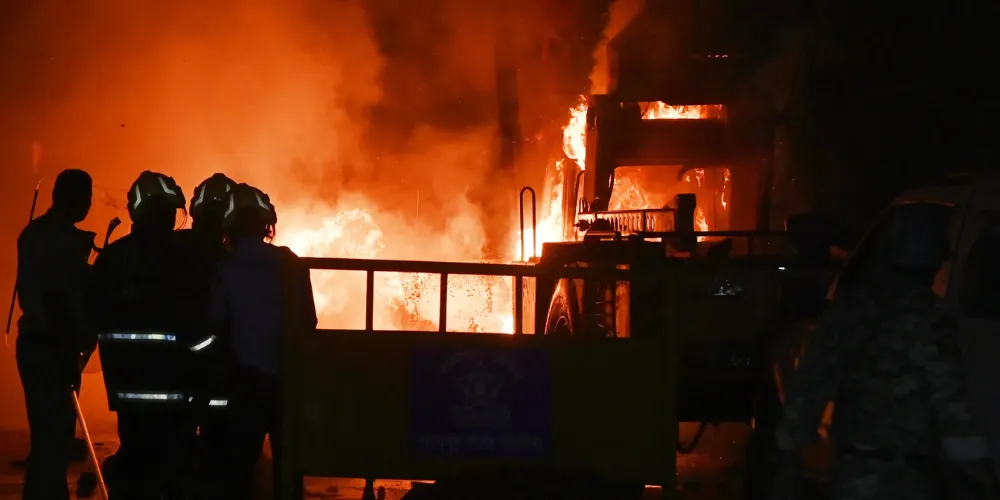Introduction
Recent riots following the Aurangzeb controversy have intensified political tensions, placing the Bharatiya Janata Party (BJP) in a challenging position. The unrest, which erupted after debates over the Mughal ruler’s legacy, has led to widespread violence, public outrage, and accusations of communal polarization. As the situation escalates, the BJP faces mounting scrutiny over its handling of sensitive historical issues and the resulting social unrest.
The Aurangzeb Controversy and Its Political Fallout
The controversy began when political and social groups reignited debates over Aurangzeb’s legacy, a figure long associated with religious intolerance in popular discourse. Certain comments and actions related to glorifying Aurangzeb sparked backlash, leading to violent clashes in several areas. Critics argue that such controversies are being used to deepen communal divides and stir unrest.
For the BJP, the Aurangzeb row has become a political liability. While the party has historically criticized the Mughal ruler as a symbol of oppression, the violent fallout from the controversy has raised questions about the government’s ability to maintain law and order. Opposition parties have accused the BJP of fostering an environment where communal tensions can escalate for electoral gains.
BJP’s Response to the Riots
In response to the violence, BJP leaders have condemned the riots while maintaining their stance against the glorification of Aurangzeb. The party has framed its position as a defense of historical truth and national pride. However, the unrest has put the government on the defensive, forcing it to balance its ideological narrative with the need to restore public order.
The BJP’s leadership has also accused opposition parties of inflaming tensions for political mileage. By shifting blame to rivals, the party seeks to deflect criticism while reassuring voters that it remains committed to peace and stability. Despite these efforts, the violence has exposed the risks associated with using historical narratives in contemporary political debates.

Impact on Public Perception and Governance
The riots have raised concerns about the broader impact of historical controversies on public life and governance. For many citizens, the violence has heightened fears about the fragility of communal harmony. The BJP’s critics argue that such controversies distract from pressing economic and social issues, undermining the government’s promises of development and stability.
At the same time, the unrest puts additional pressure on law enforcement agencies tasked with maintaining peace. Handling such volatile situations requires a careful approach to prevent further escalation while addressing underlying grievances. For the BJP, how it manages these challenges could shape public perception ahead of future electoral contests.
Conclusion
The riots triggered by the Aurangzeb controversy have placed the BJP in a politically sensitive position. While the party continues to promote its narrative on historical issues, the violence has sparked criticism of its governance and approach to communal harmony. As the situation unfolds, the BJP faces the dual challenge of controlling public unrest while defending its ideological stance. The outcome of this controversy could have far-reaching implications for the political landscape and social cohesion.



